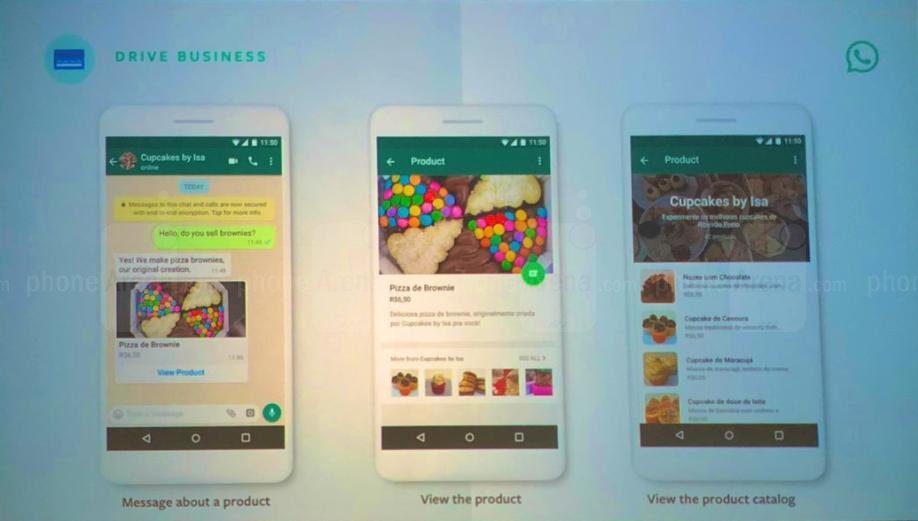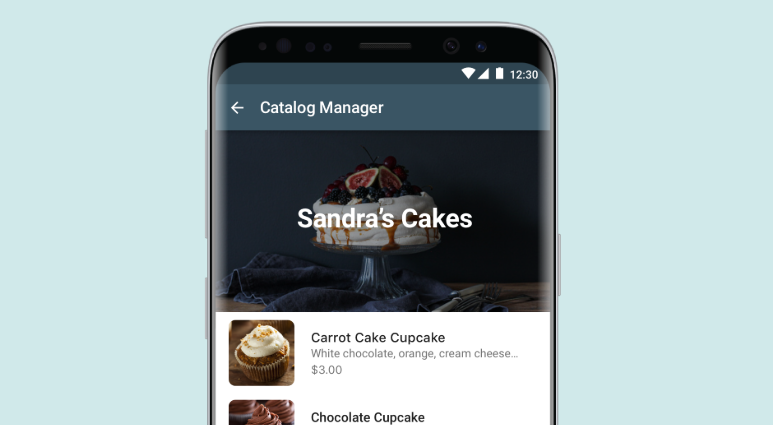WhatsApp the popular online messaging app that is owned by Facebook is reportedly ending its plans of selling ads on the application. This arrives after the application had been free to download but with plans to monetize it in the future, i.e with ads.
WhatsApp is one of the most popular applications that are currently in circulation across the globe. Initially, the online messenger followed a paid entry system for its services which later turned into a yearly subscription based package. However, the entire idea of paying for the service changed when Facebook acquired it back in 2014. Soon after this, the app reached an impressive milestone and crossed the 1 billion download milestone.

But, despite its large userbase and downloads, WhatsApp was apparently not generating any revenue for the parent company. Thus, in 2018, WhatsApp Vice President, Chris Daniels, unveiled the plans from Facebook to sell ads on WhatsApp stories. It was a move to monetize the service which is identical to the ads that are currently seen on Facebook and its other subsidiary, Instagram. Notably, the founders of WhatsApp (such as Brian Acton) were strictly against this method of monetization and even went on to resign from the company.
UP NEXT: Xiaomi Mi 10 launch poster leaked; Reveals February 11 date and Mi MIX Alpha like rear camera design
Arriving at the present, a report has suggested that Facebook appears to be going back on its plans of selling ads on WhatsApp. Sources close to the social media giant have stated that Facebook just disbanded a team that was going to work on optimizing methods of integrating ads on WhatsApp. Furthermore, the work the team had done so far was also deleted from WhatsApp’s codings, according to the source.

Facebook still has plans on introducing ads on the messaging platform sometime in the future, but it is currently prioritizing the generation of revenue from businesses, not customers. The company will do this by allowing firms to reach out to potential customers on WhatsApp. The messaging service has even provided tools that allow businesses to automatically respond to customers and service related queries.
UP NEXT: Realme opens up registration for Realme UI’s “early adopter” program on the Realme X2







